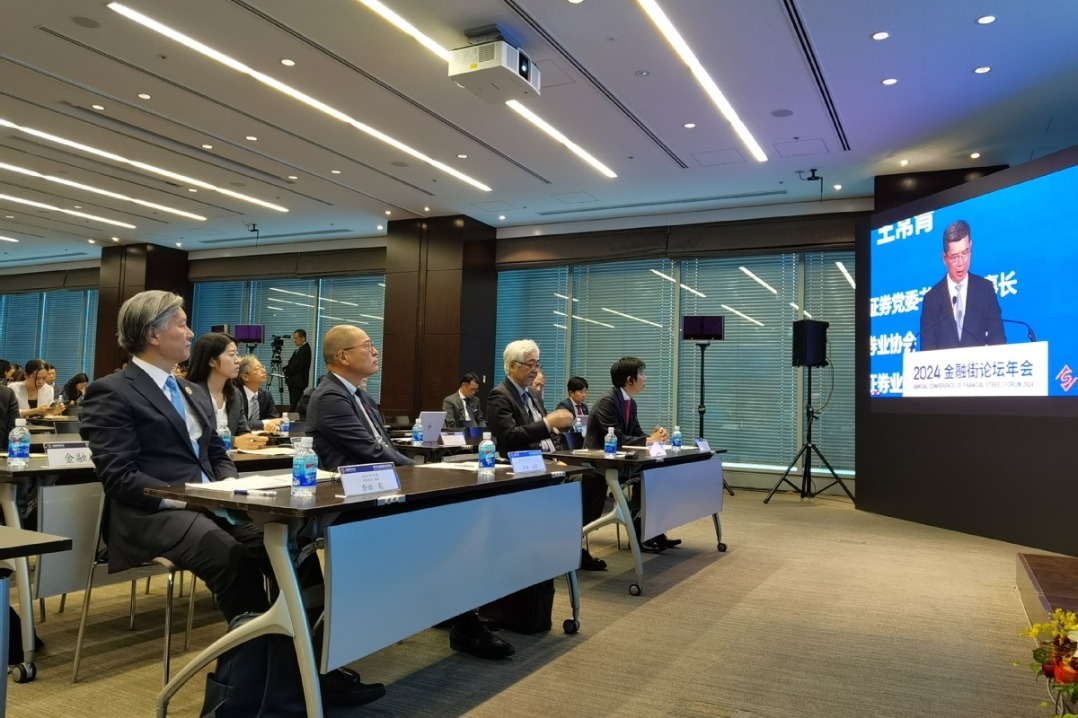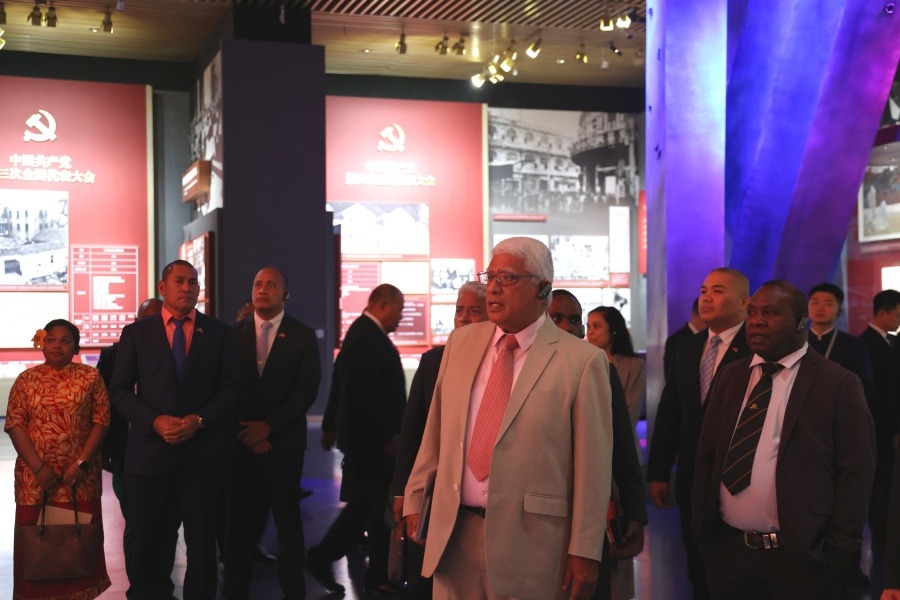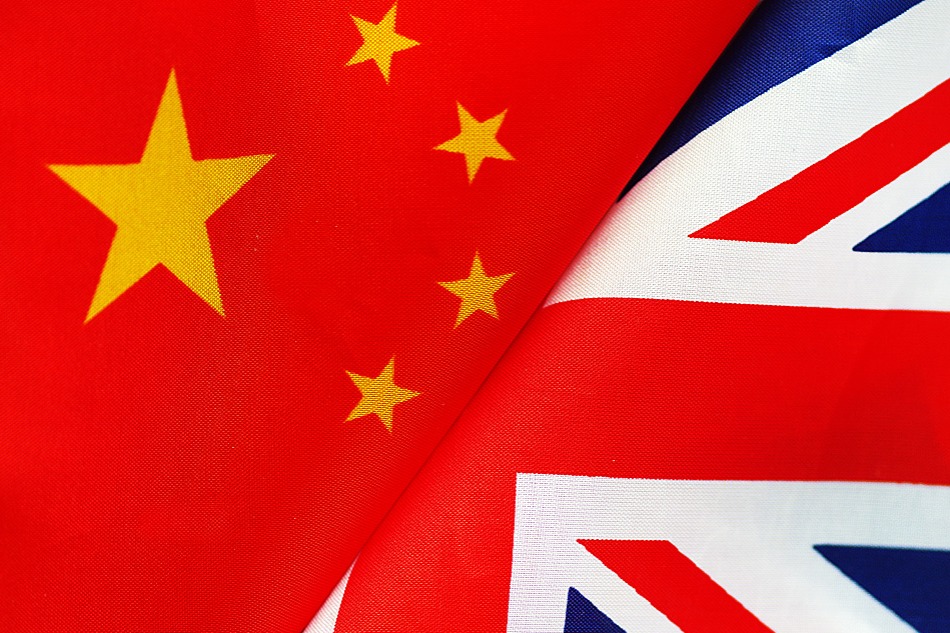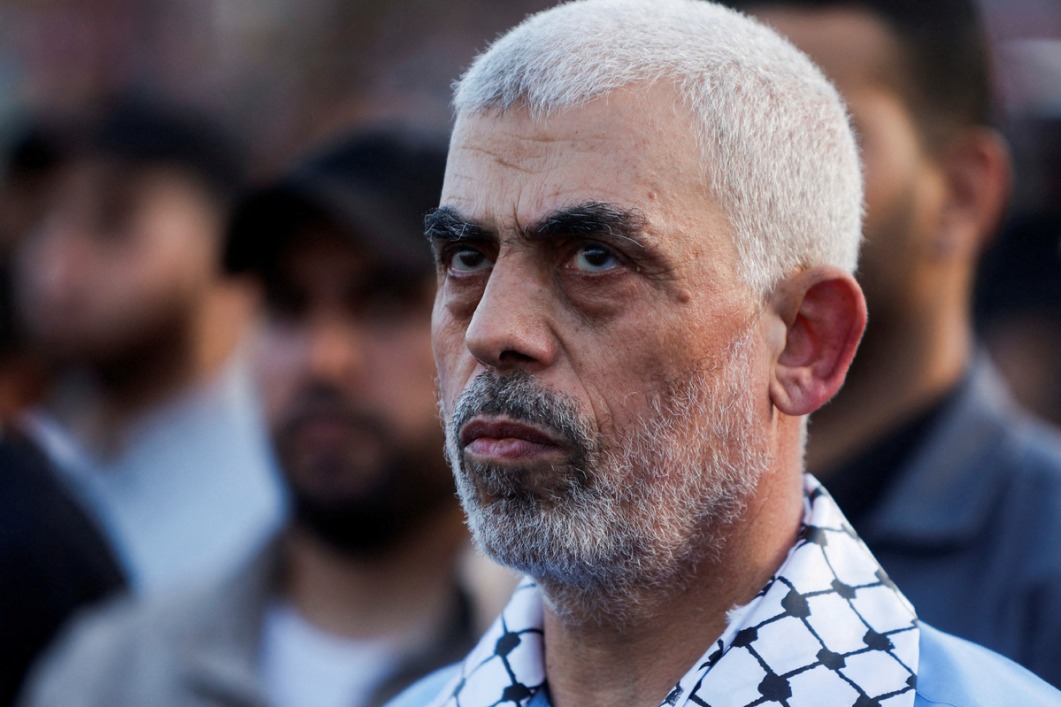Court ruling halts Italy's Albania plan


The first group of 12 migrants has been returned to Italy from newly opened asylum processing centers in Albania, following a Rome court ruling that challenges the Italian government's plans to house migrants outside the European Union.
While Italy tackles the setback to its strategy, other EU countries, including France, are intensifying efforts to combat illegal migration, with a major trial underway against alleged smugglers involved in English Channel crossings.
An Italian coastguard vessel transferred the migrants from the Albanian reception centers back to Italy on Saturday, following the court decision that poses an early challenge to Italy's controversial plan to process migrants in Albania.
The Italian government, led by Prime Minister Giorgia Meloni, has pledged to appeal against the decision, with a Cabinet meeting scheduled for Monday called so the government can formulate a response to the challenge to its flagship asylum-seeker diversion project, reported Reuters.
Last week, an Italian navy ship had transported 16 migrants to Albania, though four were promptly returned to Italy due to health concerns or because they were children.
The Rome court ruling stipulated the return of the remaining 12 migrants from the new Gjader facility in Albania to Italy, citing that their countries of origin, Egypt and Bangladesh, could not be deemed safe.
In a news briefing on Friday, Interior Minister Matteo Piantedosi told reporters that the Rome court decision would be overturned, stating the government would appeal to the Supreme Court if necessary.
Meloni, speaking from Lebanon, criticized the decision as "prejudiced", asserting her government alone should decide on the safety classification of countries and suggesting new rules would be drafted to address the issue.
As Italy faces legal hurdles in its migrant processing plans with Albania, neighboring France is tackling another aspect of Europe's migration crisis. A major trial is underway there, focusing on the criminal networks behind the dangerous English Channel crossings.
France is trying 33 alleged members of a Kurdish smuggling gang accused of facilitating the majority of migrant crossings across the English Channel between 2020 and 2022.
In an underground French courtroom, lead prosecutor Julie Carros last week presented the case against 17 men and one woman, part of a larger group of 33 who allegedly overloaded small boats for substantial profits, with 12 already convicted and three more awaiting trial next year, as reported by the BBC on Saturday.
"This is a tentacle-like case ...involving merchants of death," Carros told the court.
The gang, allegedly controlling most Channel crossings from France and earning an estimated 3.5 million euros ($3.8 million) annually, was broken up through arrests across five countries in a large-scale international operation, with key figure Mirkhan Rasoul accused of running operations from prison and facing a potential 15-year sentence.
The prosecutor highlighted the gang's "phenomenal" profit margin, stating it could earn up to 60,000 euros per boat launched, with approximately half the vessels successfully reaching the waters of the United Kingdom.
Prosecutors aim to deter smuggling by imposing harsh sentences and making operations more expensive for gangs.
The trial is expected to conclude in early November.

































